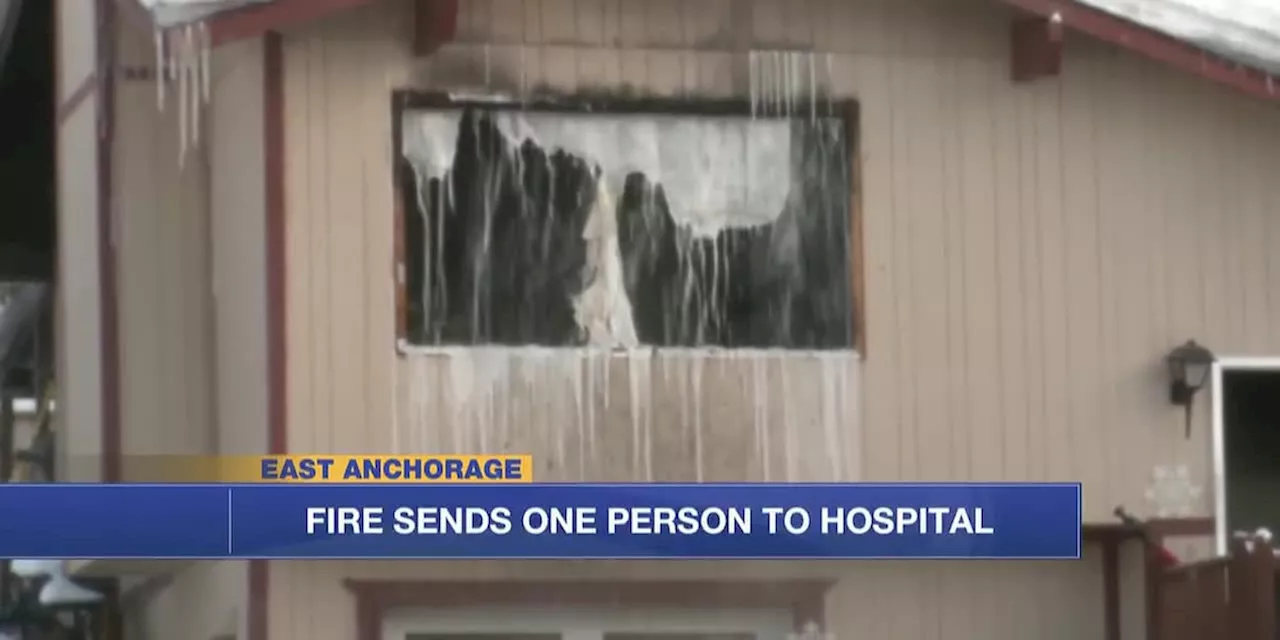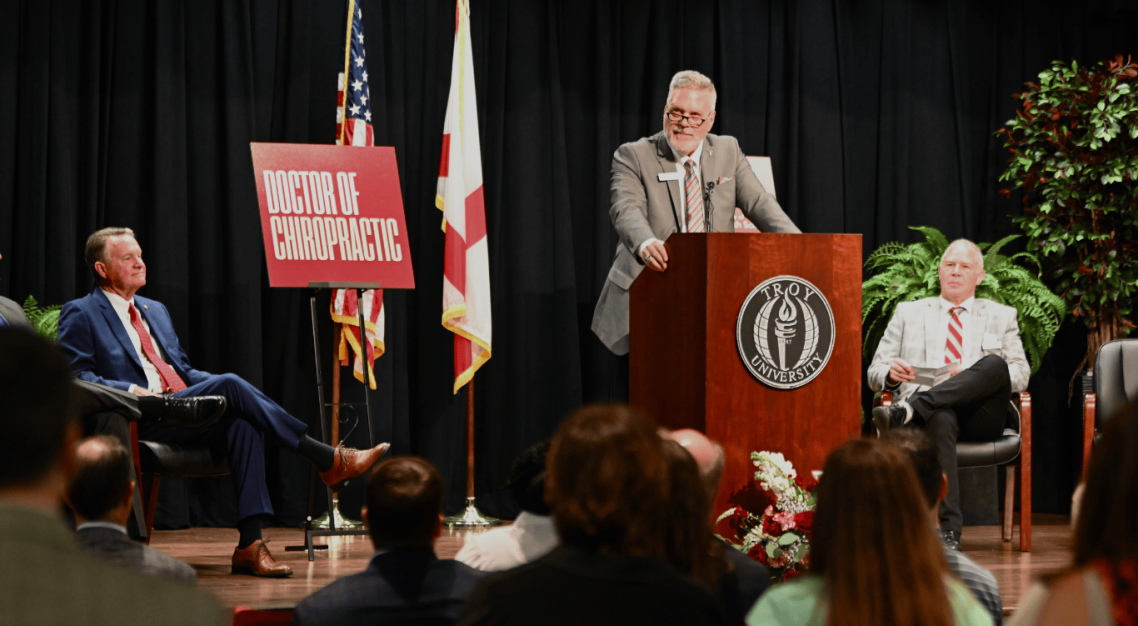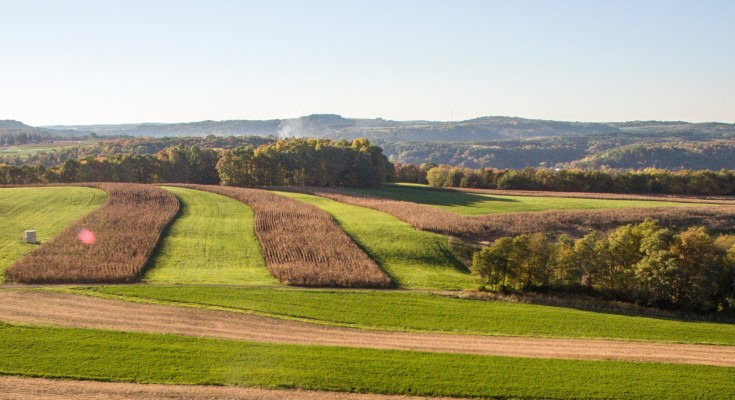
UPDATE: Fears escalate in central Illinois as One Earth Energy plans to implement a carbon capture project dangerously close to the Mahomet Aquifer, the primary water source for over 800,000 residents. Community members, including farmer Sally Lasser, express urgent concerns about potential groundwater contamination, particularly following past incidents of carbon dioxide leaks in the region.
Just last year, Lasser received a proposal from One Earth Energy, an ethanol producer, that prompted alarm bells regarding its carbon capture initiative. This process involves filtering carbon dioxide from the air and storing it underground, but the project’s location—5 miles from the Mahomet Aquifer—has raised red flags for local residents who fear the safety of their water supply. “Harming our water supply harms people,” Lasser stated, highlighting the dire implications for her community.
The project coincides with Illinois’s ambitious climate targets, supported by Governor JB Pritzker, who has promoted carbon sequestration as a solution for reducing emissions. However, a temporary moratorium on carbon capture projects, enacted through the SAFE Act, raises questions about the future of these initiatives. This moratorium, which will lift in July 2026, aims to establish stricter safety requirements amid rising public concern.
In August, Illinois enacted a permanent ban on storing CO2 beneath the aquifer, halting three similar projects in the region. Despite this, One Earth Energy’s plans to inject CO2 just outside the aquifer’s borders remain in motion, causing distress among residents. Experts have indicated that geologically, the site is considered safe, with the CO2 stored hundreds of feet below the aquifer. Yet, skepticism persists, especially after a leak at a nearby carbon injection site operated by Archer Daniels Midland (ADM) raised alarms about the transparency and safety of carbon capture technologies.
Local grain farmer Brent Lage voiced concerns about trust in the industry, stating, “They did not necessarily come forth right away and admit they had leaks.” This sentiment echoes among many who believe the risks of carbon capture are being downplayed.
Residents and environmental advocates are calling for more transparency and accountability. “I would like to protect the community as much as possible,” said Lea Cline, chair of the McLean County Land Use and Transportation Committee. “Our biggest enemy in all of this is a lot of disinformation.”
With the moratorium in effect, the state’s decision-making process regarding carbon capture is under heightened scrutiny. The Illinois Commerce Commission retains authority over pipeline construction, while the federal EPA oversees injection well permits. As One Earth Energy prepares to move forward, the community is left to grapple with the implications of this project on their environment and safety.
As the April 2026 deadline approaches for permit approvals, residents like Lasser and Lage remain vigilant. “If it goes poorly, that water is gone,” Dannenbring warned, emphasizing the fragile state of the aquifer. The stakes couldn’t be higher, as public sentiment turns against the perceived rush towards carbon capture without adequate safety measures.
This developing situation highlights the urgent need for community engagement, informed decision-making, and a commitment to safeguarding essential water resources. As One Earth Energy anticipates a decision on its application, residents are mobilizing to ensure their voices are heard in the ongoing discourse surrounding carbon capture technologies in Illinois.






